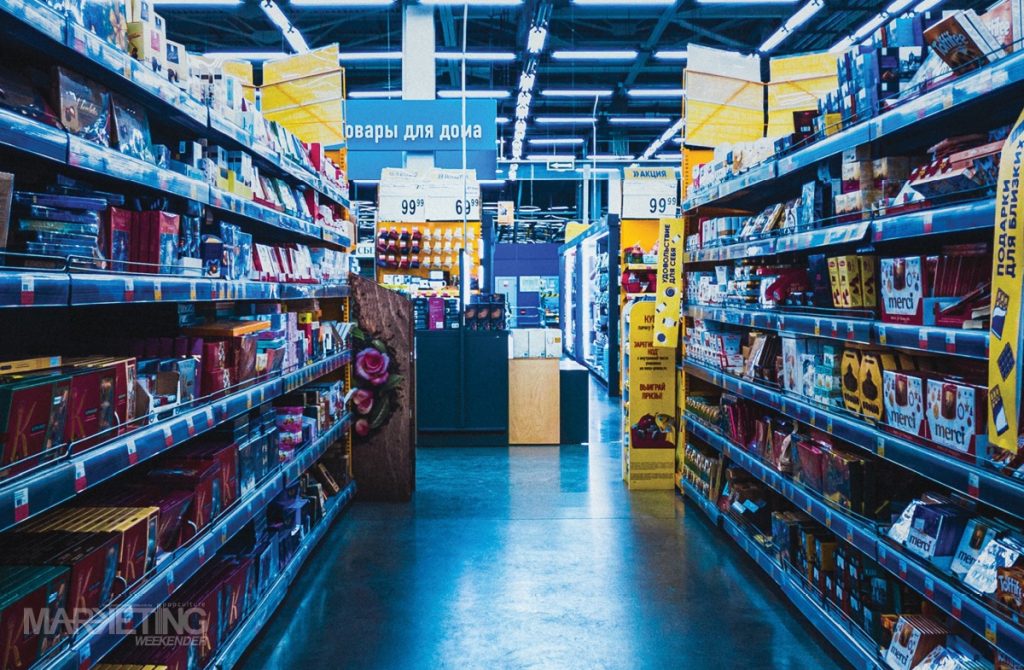Less is more as a majority of SKUs across key categories contribute to less than 2% of overall category sales
According to marketing intelligence software provider, NielsenIQ, now is the time for fast moving consumer goods (FMCG) manufacturers to trim the glut focus on quality. As COVID-19 has influenced new consumer behaviour trends, FMCG manufacturers should reassess and rationalise their assortment to better meet their consumers’ changing needs and enjoy greater savings and profitability, says NielsenIQ.
Based on global structural challenges with assortment across most FMCG categories and looking at the most underperforming categories in emerging and developing markets, it shows that on average, 75% of SKUs contribute to less than 2% of category sales. Beverage, instant noodles, chocolate, and detergent are some of the most underperforming categories in the top 15 markets.
In Malaysia, for example, a whopping 76% of SKUs in the Laundry Detergent category contribute to less than 2% of overall category sales – pointing to the glut in non-performing products and variants that exist within just this one category alone.

Similar trends can be seen across other key categories. Health Food Drinks (75%) and Chocolate (74%) showcase that this is not an isolated incident, but rather one that needs to be addressed by the entire FMCG industry, says NielsenIQ.
“Over the years, there has been a proliferation of brands, products and SKUs in the marketplace as manufacturers compete to satiate consumers’ appetite for new variations, products and experiences,” said Senior Vice President and Analytics Leader, APAC & EEMEA, NielsenIQ, Didem Sekerel Erdogan. “Finding and maintaining an optimal assortment has always been a challenge (and) the COVID-19 pandemic as well as intensifying competition have elevated this test to a new level.”
Didem also emphasised that for manufacturers and retailers, more is not more, but rather the opposite, as manufacturers end up investing in production and in-store shelf space for products that do not drive any incremental value, thereby eating into their profit margins.
According to NielsenIQ, a recent study the company has conducted demonstrated that an average of seven items are launched daily in Malaysia and approximately 30% of promising innovations do not get enough support to realize their full potential.
Complementary studies by Bain & Company show that a 10% – 20% SKU reduction can result in up to 10% of savings in production costs, up to 10% reduction in supply chain costs, up to 10% lower inventory and up to 5% optimisation in raw materials and packaging costs.
Changes in consumer behaviour have implications for assortment
Changes in consumer behaviour brought about by the pandemic also require manufacturers to reassess their assortment and according the NielsenIQ, the following are factors to consider:
- Newly constrained, existing constrained and cautiously insulated consumers are streamlining their budgets and have become more discerning about what, where, when and how they purchase products.
- Shoppers are increasingly favoring smaller store formats, reinforcing the need to efficiently use limited space.
In Malaysia itself, for the past 3 years, shoppers have been moving away from large format stores such as hypermarkets towards smaller formats (up 5% in 2019 vs 2018) such as convenient stores and minimarkets.
Main image courtesy of 123rf
MARKETING Magazine is not responsible for the content of external sites.









